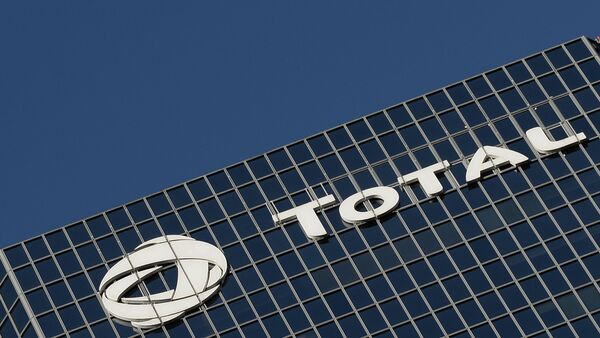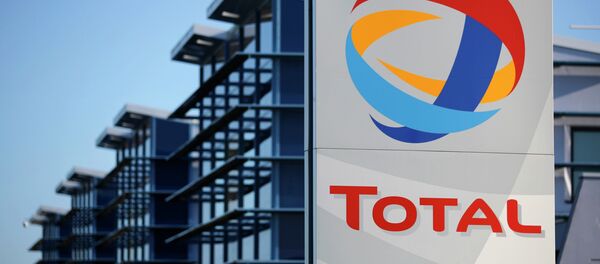"In Russia there is no impact whatsoever. We have the Yamal LNG under construction so we are not of course affected by the oil price of today, but we’ll see what will be the oil price, what we will produce – and we produce gas," Sauquet said.
Global oil prices dropped from $115 to less than $30 per barrel between June 2014 and January 2016, hitting their lowest levels since 2003, largely because of prolonged global oversupply and weak demand.
To address the issue of declining revenues, Russia, Saudi Arabia, Qatar and Venezuela held talks on February 16 in the Qatari capital of Doha, and agreed to freeze output at the January levels if other countries followed suit.
The proposal was later backed by Ecuador, Algeria, Nigeria and Oman.
"The oil price of course has led us to reconsider a number of investments… We want to focus our investment on the most competitive project that we can think of," Sauquet said.
Total's president predicted that the project could be located in the Middle East or Russia.
"We’ll go for the best project with the best costs, the best performance that we can anticipate and there is plenty of room for competition just to find such a project in Middle East, but Russia might be one of its place," Sauquet told Sputnik.
Total's business in Russia has been hampered by western economic sanctions, but the French energy giant has continued its participation in joint projects despite the difficulties.
Philippe Sauquet also noted that the propriety for French Total oil and gas company in Russia is to make the Yamal liquefied natural gas (LNG) project a success.
Sauquet emphasized that they are currently actively working on the Yamal LNG project, adding, however, that there are some challenges that are likely to be solved this year.
"The partnership that we have with Novatek Russian partner and CNPC which is Chinese party to the venture is very effective and very successful. The challenge in fact to agree on financing, this is the challenge for 2016, but we are confident we will overcome this challenge," he explained.
One of the largest industrial undertakings in the Russian Arctic, the Yamal LNG project is expected to have an annual capacity of 16.5 million metric tons of gas, much of which is to be supplied to China. Russia’s Novatek gas company is said to own 60 percent equity stake in the project, with China’s CNPC and France’s Total at 20 percent each.
The first Yamal LNG plant is scheduled to become operational in 2017.



